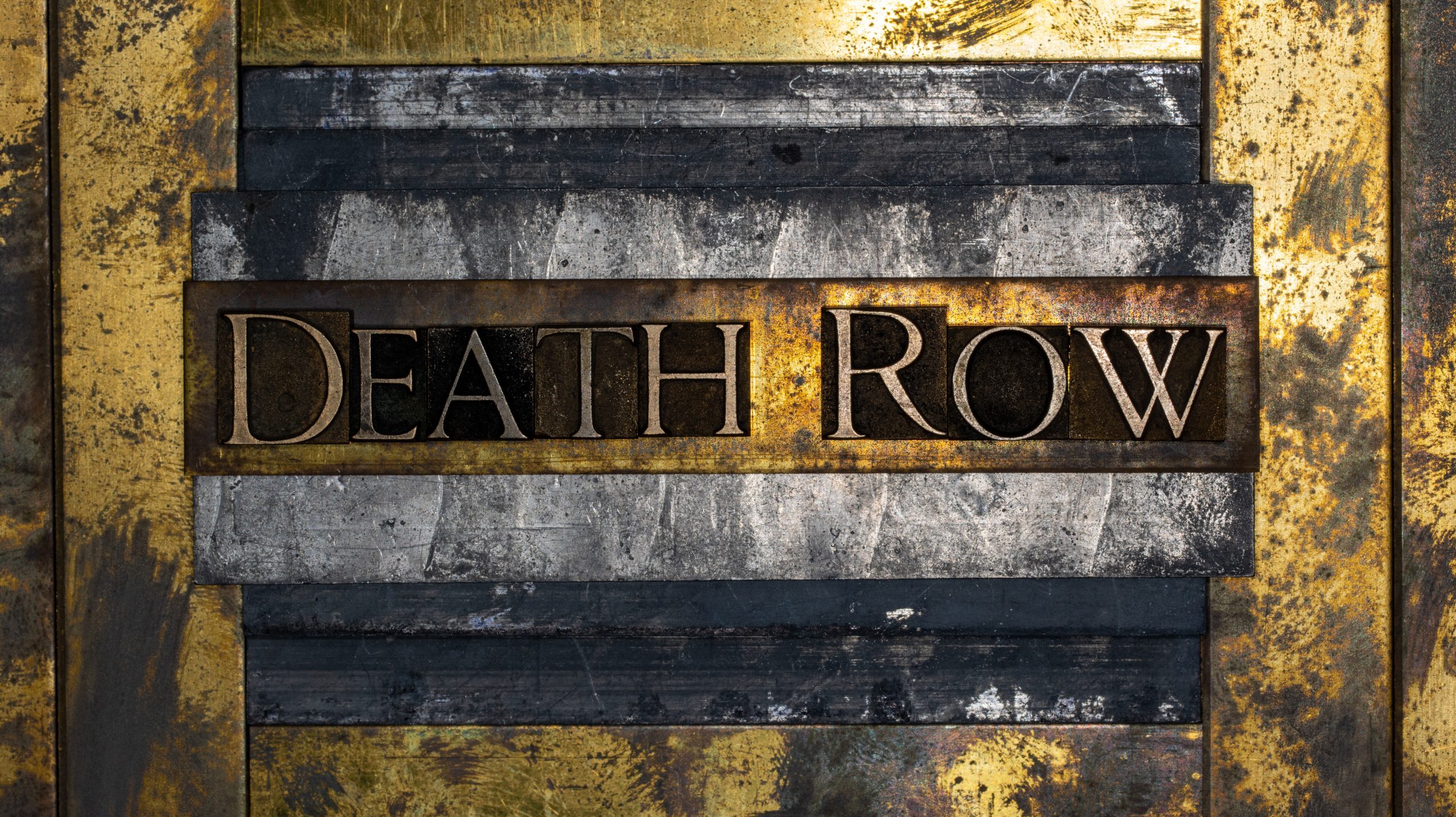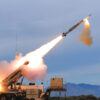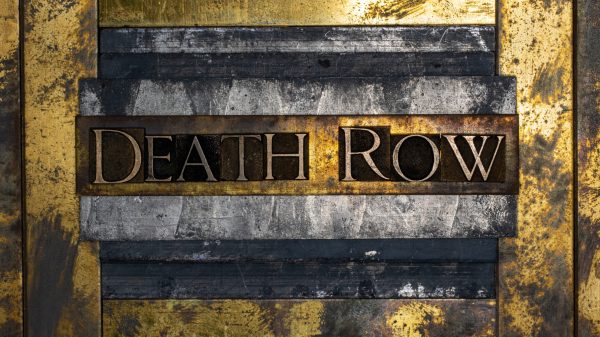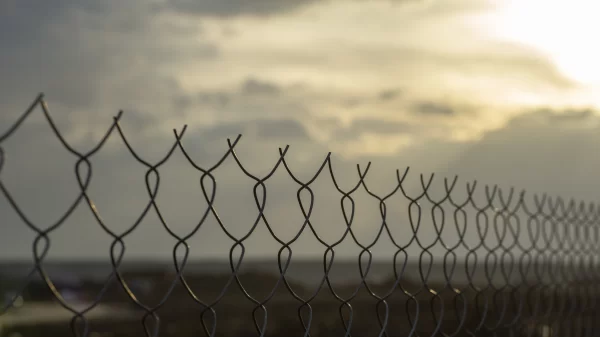|
Getting your Trinity Audio player ready...
|
Alabama is set to carry out the nation’s third execution using nitrogen gas. Still, the method is scrutinized, with critics warning that it has not been adequately tested or studied for all of the potential risks.
Carey Dale Grayson, who was convicted for the 1994 murder of Vickie Deblieux, is scheduled for execution on Thursday. This will be the latest test of Alabama’s adoption of nitrogen hypoxia as an execution method, which the state began using in January. The process involves placing a gas mask over the inmate’s face and replacing breathable air with pure nitrogen, leading to death by asphyxiation.
The 11th U.S. Court of Appeals heard arguments on Monday from both Grayson’s defense team and the Alabama Attorney General’s office in a bid to block the execution. The dispute centers on the risks of extreme physical and mental suffering, with John Palombi, an attorney with the Federal Public Defenders, arguing that the nitrogen method causes the inmate to experience painful suffocation before unconsciousness sets in.
“In the history of American methods of execution, there is no other method that involves suffocation, if done correctly,” said Palombi.
This contention has sparked debate, with some of the appellate judges expressing skepticism about this claim. One judge from the panel on Monday questioned how nitrogen hypoxia differed from the gas chamber, which Palombi clarified is a different cause of death.
Gas chambers release gas that results in death by poisoning. Nitrogen mimics the feel of oxygen as an odorless and colorless gas and only once the individual breathing it begins to feel the effects of it can they tell a difference. Palombi argued that this moment of feeling the effects would constitute terror which is a component of cruel and unusual punishments.
“Obviously in a lethal injection execution or an electrocution execution, there is anxiety and anxiousness and all of that before an execution starts. Here, there is more than that because of the suffocation that starts after,” said Palombi.
Robert Overing, deputy solicitor general for Alabama countered, claiming that nitrogen hypoxia causes no pain and that death occurs quickly through unconsciousness.
“Here, at most, the condemned inmate has the knowledge that he’s about to suffocate, and all methods involve some knowledge of death. All methods, other than lethal injection, involve a conscious inmate,” said Overing.
Experts who testified for the state had predicted that nitrogen gas would render an inmate unconscious within 10 to 40 seconds, but witnesses at Alabama’s first two nitrogen executions reported disturbing signs of distress. Media accounts noted that the inmates appeared to suffer involuntary muscle spasms and labored, irregular breathing for several minutes after the mask was applied.
The state has insisted that these movements were involuntary and part of the process, with some officials suggesting that Kenneth Smith, the first person to be put to death using nitrogen, may have held his breath, which slowed the onset of unconsciousness.
“As far as the Smith and Miller executions, the district court’s final conclusion that death occurred in minutes and consciousness was rapid was well-supported by the eyewitness testimony and the expert testimony,” said Overing.
The 11th Circuit affirmed the original ruling in its order on Monday afternoon. The appeals court ruling also rejected Grayson’s request to be given sedatives before his execution since the combinations had never been tested.
“And based on these findings, the district court did not abuse its discretion in concluding that Mr. Grayson failed to show a substantial likelihood of success on his claim that aspects of the nitrogen hypoxia protocol violate the Eighth Amendment,” the ruling reads.























































